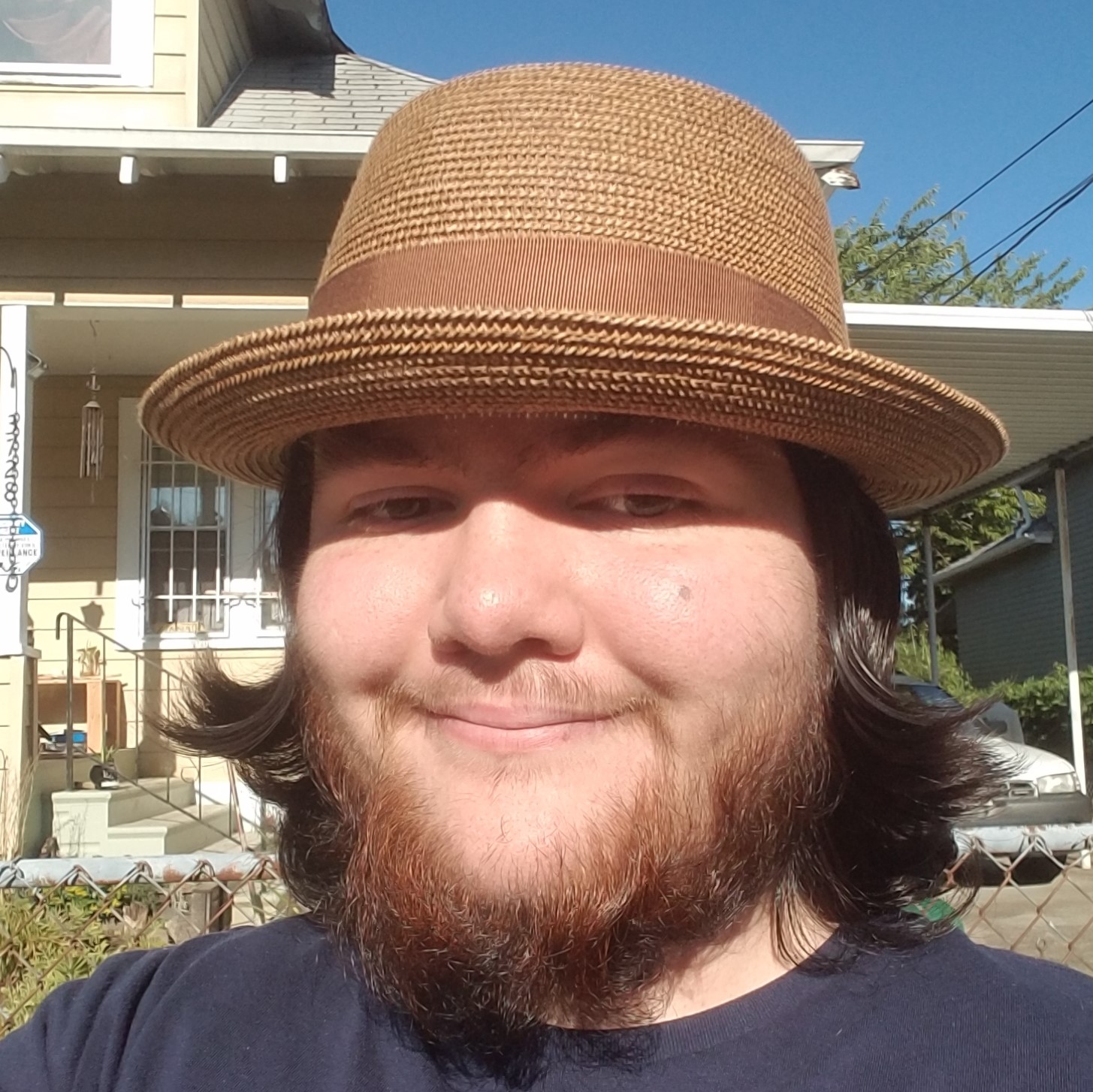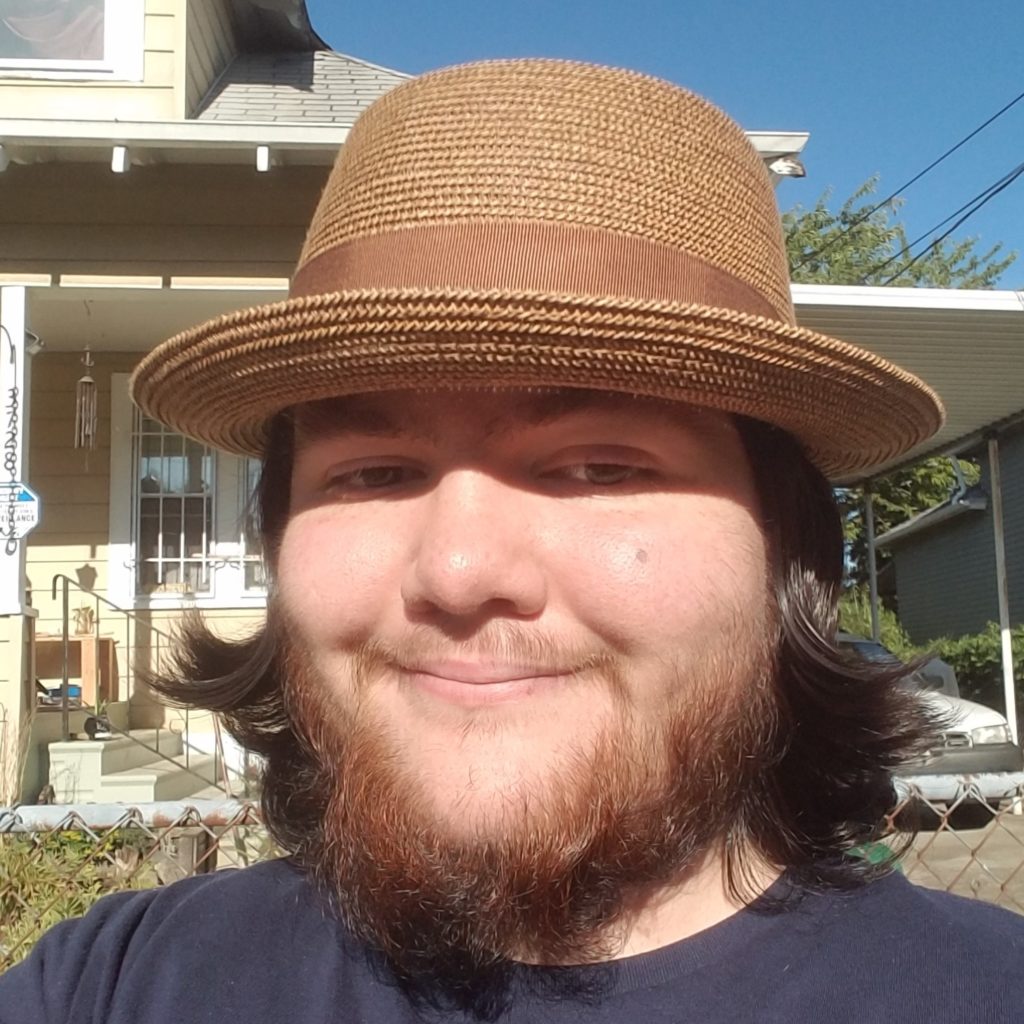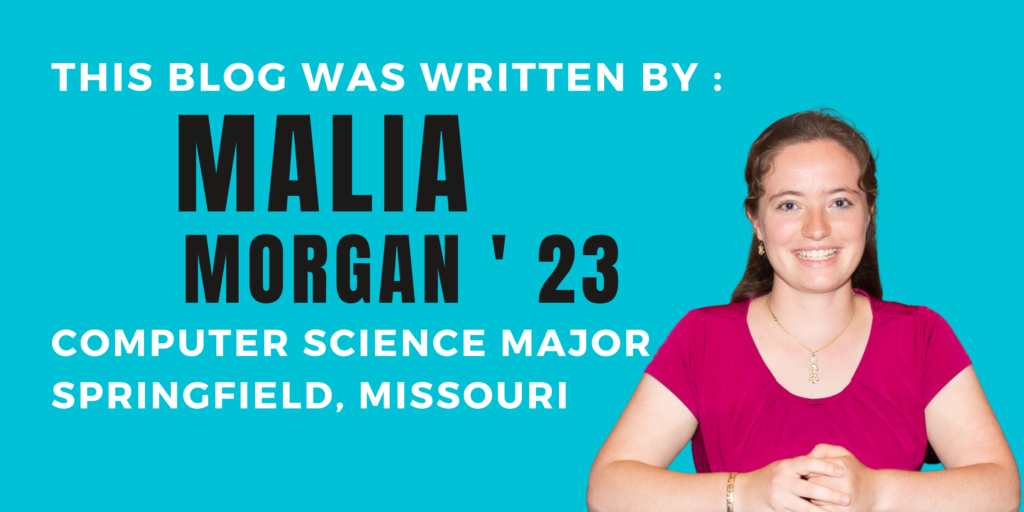HSA Concentrations: Religious Studies
November 30, 2022

Today’s post on HSA concentrations is a conversation with Tanis Nielsen, a senior who is concentrating in Religious Studies.
How did you pick Religious Studies as your concentration?
In the summer after my freshman year, I was doing some summer classes. I did abstract algebra, and I did Prof. Dyson’s class on evolution and Christianity in America, partially because it was a writing intensive and I wanted to get that out of the way without having to take the rest of my course load. It was really good! It’s really interesting stuff. I’d had a passing interest in religious studies even before I came to college, and so taking that class really solidified it. Just like, I think this is something I won’t get bored of, if I do it as a concentration. And I was right.
Are there any classes inside the concentration that you have taken and especially liked?
I’d recommend Prof Gilbert at CMC. I took a course with him, Intro to Jewish History. And that was really interesting. A lot of stuff there I didn’t know. It’s funny – about half the class was Jewish and I’m not. It’s like we’re all learning together, so that was interesting. I’d recommend that and all the other stuff he does. I’m sad I’ve never gotten to take a second course with Prof. Dyson, it’s just never fit in. There was The Origins and Influences of the Zoroastrian Tradition with Prof Rose at Pomona, she’s moved back to Britain now. I like that one, because it’s a way more obscure tradition if you’re in America. It’s still thriving enough, even in Claremont, for the final day the prof was able to bring in a Zoroastrian priest that she knew to actually give a demonstration of their basic fire ritual prayer. It’s another thing I didn’t know anything about, but it turns out that even if it’s not popularly known it’s still here. There’s still Zoroastrians here you can talk with.
What does the workload in religious studies look like?
It’s a lot of essays and a lot of reading I would say. It’s basically you read text, and sometimes it’s primary sources and sometimes its secondary sources. And then you do have to write analysis on those texts. If you’re considering it, I would say make sure you’re good with essays. There isn’t really much else in terms of homework in basically any of the classes I’ve been in. I mean, we do different things in class, sometimes, depending on what day it is, but for actual work that I do it is reading and writing. Right now I’m taking this class called Eros & Sex Antiquity & Byzantium at Scripps. And I’m actually reading Plato’s Symposium for that right now.
Have there been people you go to get advice, or is it just picking whichever course looks interesting from the catalog, or your own research?
Ah, it’s the latter. I like to go through the catalog every semester. I see what looks interesting. The Antiquity & Byzantium one a friend recommended to me. But that’s a one-off thing. Every class has been an individual discrete choice. Like “Oh, I think this looks interesting,” “Oh, this has been recommended to me,” and then I take it, there’s not been like an overarching mentor figure.
Do you have a favorite breadth class you have taken?
Yeah, I did Intro to Philosophy at CMC with Prof. Obdrzalek. Honestly it’s kind of related to religious studies, because it’s again a lot of reading texts and analyzing them. But none of my religion classes have been theology, more like history. So with philosophy it’s different, because, instead of looking at the historical context, you’re trying to respond to the actual logical arguments in the text. Breaking them down and working with them where the context is less important. That was really fascinating, because it reminds me of not only religious studies, but also mathematics. Because it’s very logical arguments, syllogism and stuff. So if you can read a text and trace what they’re saying, and then look at each step and see if something’s weird there, or what they’re assuming that they don’t spell out and it’s sort of the same way as if you’re reading a mathematical proof
Do you have any advice for prefrosh?
I think my most important piece of advice for any kind of HSA class is, barring extreme circumstances, you can always ask for an essay extension. Your profs will be happy to give you an extension if you just approach them politely and say that you’re struggling with it. I think, literally every HSA I take that has essays, I’ve needed an extension on one, and that’s okay. You’ve got a big workload, you’re at Harvey Mudd. Assert your needs, and this will help you so much in the long run.
